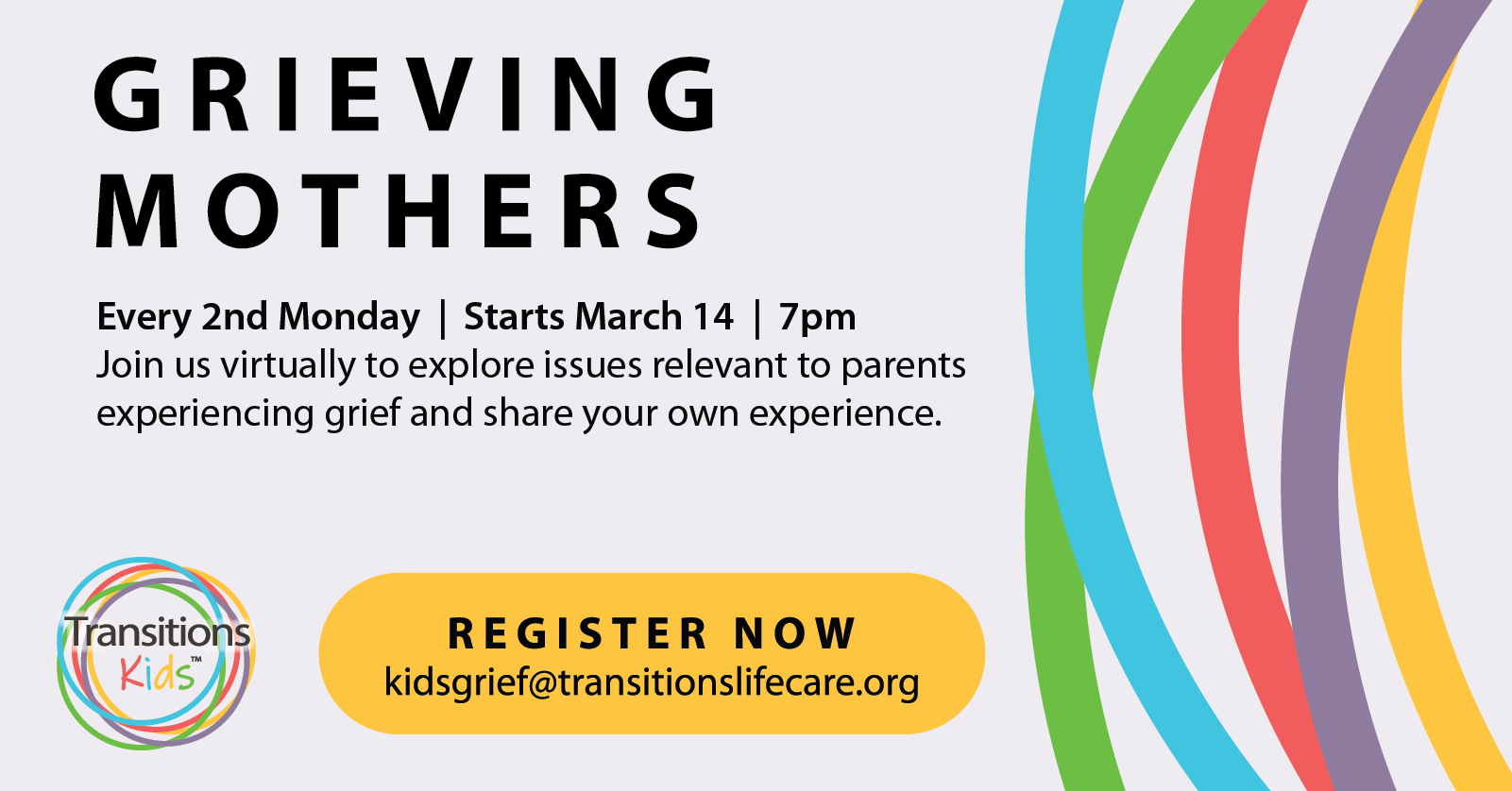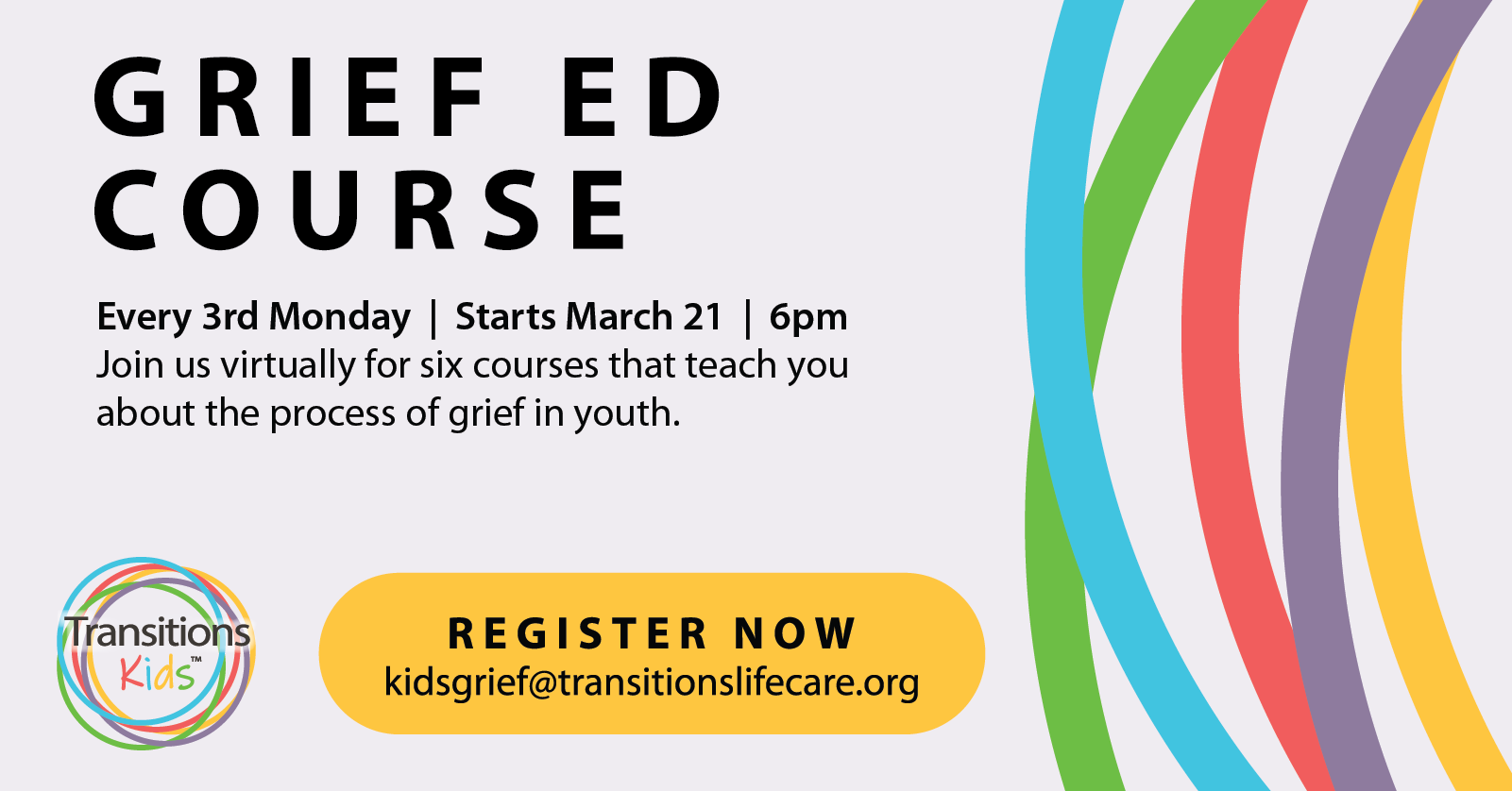Mindfulness Meditation for Grief and Healing via Zoom
Mindfulness meditation is a practice of engaging and exploring the innate healing potential of the body and mind through awareness of sitting posture, gentle movement, and the breath. The experience...


